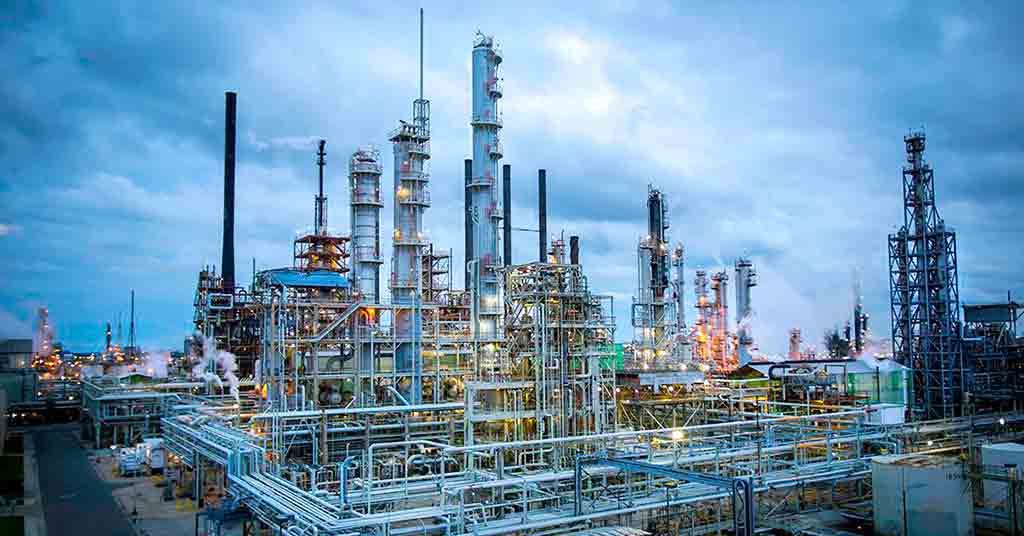Welcome To ChemAnalyst

The inauguration of the pilot plant on November 20 marked a historic milestone in the evolution of the Leuna100 project, an ambitious venture initiated in August 2023 within the expansive Leuna Chemical Park.
At the helm of this groundbreaking project is a collaborative consortium comprising key players in the field. Notable members include C1 Green Chemicals, a dynamic climate tech start-up; the Fraunhofer Institute for Wind Energy Systems IWES; the Fraunhofer Institute for Environmental, Safety, and Energy Technology UMSICHT; DBI – Gastechnologisches Institut gGmbH Freiberg; and the esteemed Technical University of Berlin (TU Berlin).
The overarching objective of this pioneering initiative is to implement a novel production process, thereby fostering the cost-efficient scaling of green methanol production. This strategic move holds the potential to furnish the container shipping industry with a game-changing climate-neutral alternative fuel.
The Leuna100 project unfolds across three pivotal stages in green methanol production, each contributing to the comprehensive process. The initial phase involves synthesis gas production, followed by methanol production, and concludes with the purification of the resulting crude methanol.
The driving force behind this technological leap is C1, contributing its expertise to the development of a groundbreaking technology tailored for efficient low-temperature and low-pressure-based methanol production. Notably, the project integrates two distinct technologies for the CO2-based production of synthesis gas. Fraunhofer UMSICHT brings its proficiency in low-temperature co-electrolysis to the table, while DBI – Gastechnologisches Institut gGmbH Freiberg employs a reverse water gas shift (RWGS) unit to enhance the efficiency of the overall process.
C1's role extends beyond innovation to the provision of essential components, including the catalyst and an in-house-developed reactor designed for the homogeneous catalysis of methanol. Fraunhofer IWES plays a pivotal role by providing the necessary location and infrastructure at the Hydrogen Lab Leuna, concurrently conducting evaluations of load flexibility. Simultaneously, TU Berlin is dedicated to developing an efficient, load-flexible operating concept grounded in a dynamic overall process model.
The Leuna100 project stands as a testament to a collaborative commitment to revolutionize green methanol production, uniting cutting-edge technologies with interdisciplinary expertise. The consortium members share a collective vision of propelling sustainable alternatives within the fuel industry to the forefront. As this transformative project unfolds over the next three years, it is poised not only to make significant contributions to the development of climate-neutral fuel solutions but also to chart a course toward a more sustainable future for the shipping industry and beyond. The pioneering efforts showcased in the Leuna100 project underscore the industry's dedication to ushering in a new era of environmentally conscious fuel production and consumption.
We use cookies to deliver the best possible experience on our website. To learn more, visit our Privacy Policy. By continuing to use this site or by closing this box, you consent to our use of cookies. More info.
